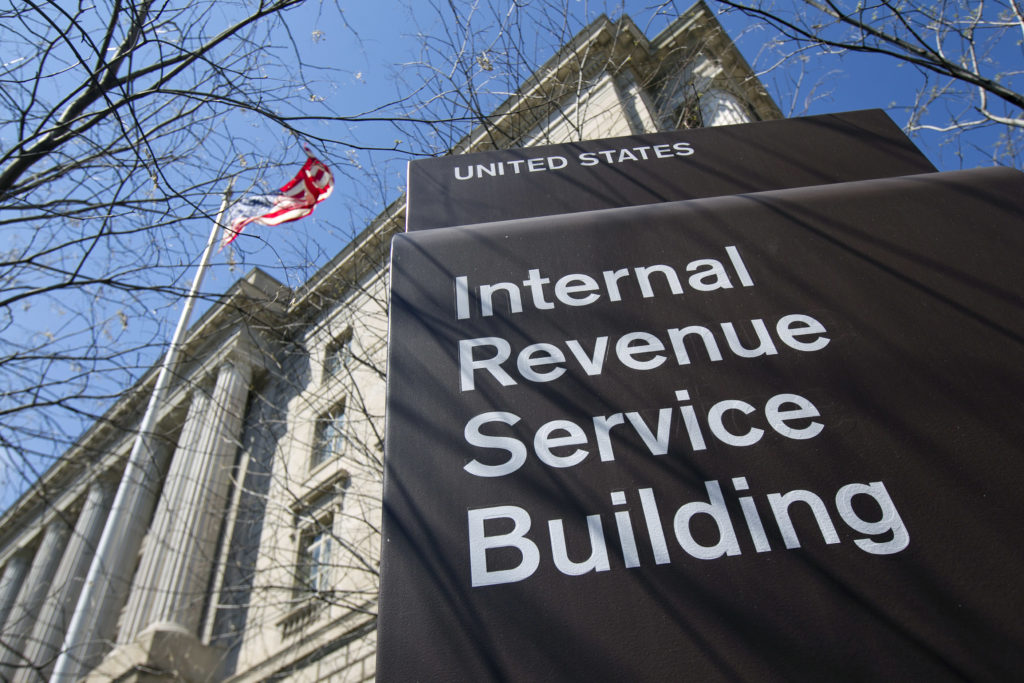CAN’T PAY THE GOVERNMENT?
With a little more than five weeks until this year’s tax filing deadline of April 17, many small business owners are tussling with the question, “How am I going to pay my taxes?”
When owners haven’t set aside enough money to cover what they owe the government, they do have options, including using savings, borrowing money or working out a payment plan with the IRS. But a caveat: Not filing a return because you can’t pay isn’t one of the choices. The IRS levies hefty penalties when a tax return is filed after the deadline: 5 percent of the unpaid taxes for each month or part of a month that a tax return is late. And you’ll be paying interest on the money you owe.
If you decide to get an extension of the filling deadline, the IRS requires you to estimate and pay your taxes. If you can’t pay, you still need to make a good-faith estimate of what you owe, and know that you’ll be responsible for late-payment penalties and interest on your unpaid amount.
A look at some options when you can’t pay:
—The easiest and cheapest alternative may be to dip into personal savings. But if you’re thinking of withdrawing funds from a tax-deferred retirement account like an IRA or 401(k), run some numbers and be sure that this isn’t going to be more expensive than it looks. If you’re under age 59?, the government will assess a 10 percent penalty right off the top of the amount you withdraw. And the entire amount will be subject to federal, state and local taxes that you’ll be on the hook for a year from now.
—You may want to borrow from family or friends. Chances are you can work out an arrangement that will be cheaper than owing the IRS, which will charge you a penalty of 0.5 percent of your unpaid taxes for each month or part of a month that your payment is late. The current interest rate on unpaid taxes is 4 percent. Of course, if borrowing from someone you know can endanger a relationship or make it more difficult, you’ll likely to be taking that into consideration.
—If you have available credit, you may want to borrow from a lender or credit card. You’ll need to do some calculations and determine whether you’re better off borrowing or paying or interest and penalties to the government.
—If the above options aren’t available, or don’t seem like the best alternative, you can apply to the IRS for an installment payment plan. You’ll have to get approval — the IRS says a taxpayer’s specific circumstances will determine what plan options are available. You can get more information on the IRS website, www.irs.gov .
Once owners decide which option is best, they should try to pay down the balance as soon as possible. And just as important, understand what left them with a deficit this year — and what to do to ensure that next year, they can pay their full tax bill on time.
(AP)











